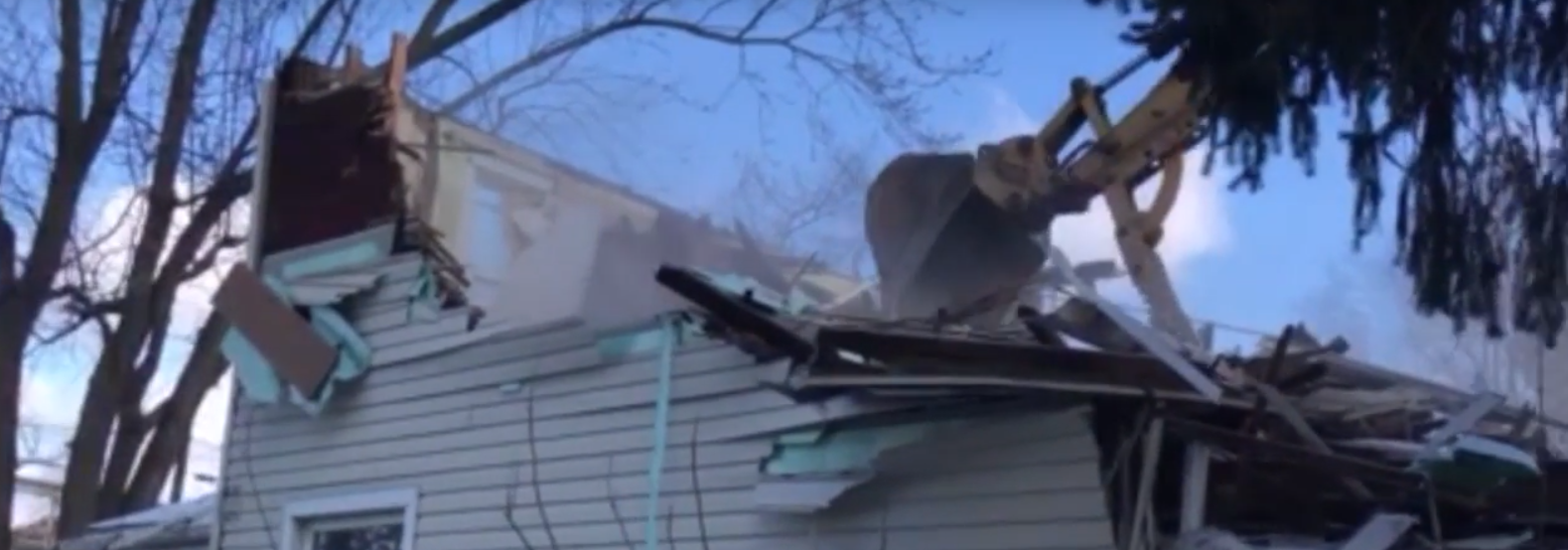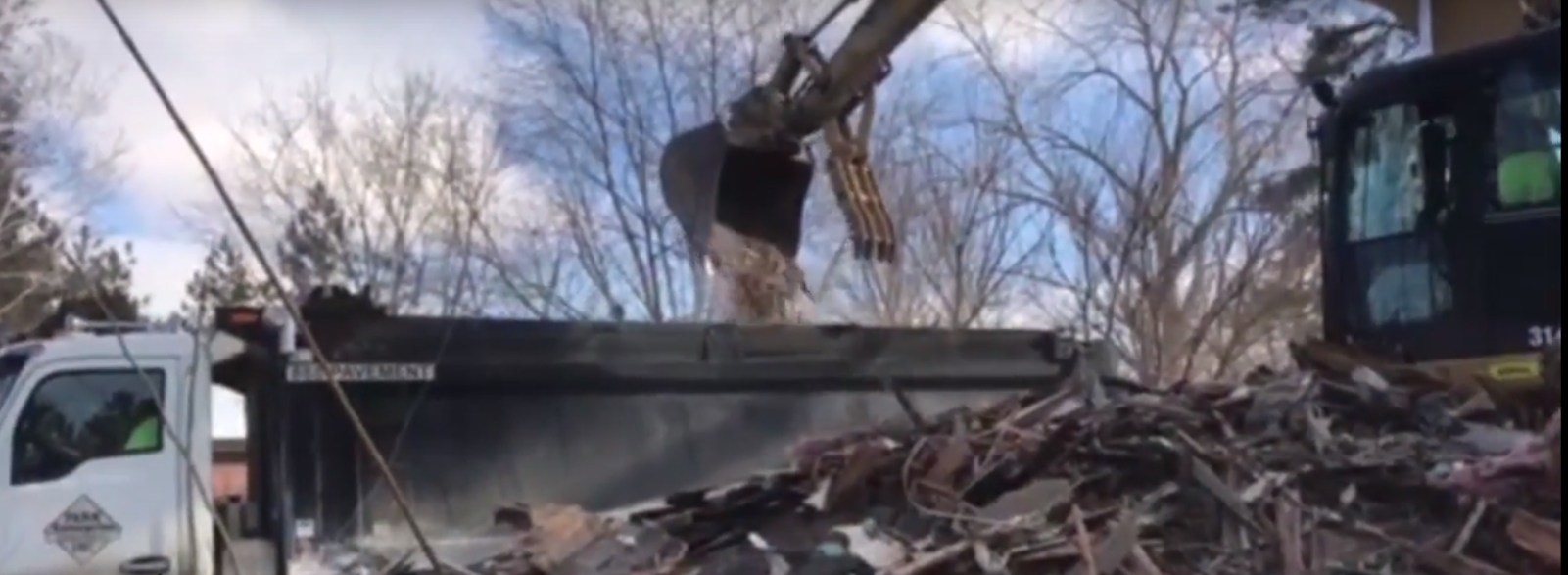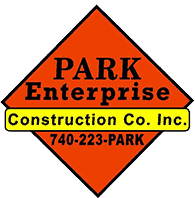
Demolishing a building or piece of infrastructure is a commitment. As the property owner, you probably have concerns about unforeseen circumstances that could result in litigation, personal injury, or worse.
But, that structure needs to come down. So you need to do some homework. Where to start?
On the countdown to D-Day (Demolition Day), be sure to ask your demolition contractors these 9 questions.
9 Things to Ask Your Demolition Contractors

1. Have they done an asbestos assessment?
Back in the day, asbestos was a cheap miracle substance ideal for... well, pretty much any construction need. It could be hiding in your insulation, roofing, flooring, or ductwork.
The EPA mandates an asbestos inspection before demolition. If there’s asbestos present, it’ll require tenting and abatement by a licensed hazmat team.
2. Do you have comprehensive contractors’ insurance?
Who pays the bill if damage occurs to yours or a neighboring property? Who pays if someone gets hurt or dies?
The standard among reputable demolition contractors is a $1 million general liability policy covering:
- Property damage
- Worker’s compensation
- Personal Injury and medical payments
- Even business reputation damages
The three types of damage claims are:
- Compensatory damages - covering financial losses
- General damages - covering “intangible losses” like “pain and suffering” and “mental anguish”
- Punitive damages - covering financial penalties for wrongdoing
Accidents happen. Ask for proof of valid and current insurance from both your general contractor and subcontractors.
3. Has the EPA been notified?
In addition to federal Environmental Protection Agency mandates and guidelines, Ohio requires a 10-day notification before beginning a demolition or renovation project.
Demolition can kick all sorts of hazardous particles into the environment, even beyond asbestos. The EPA requires wetting down structures before demolition to control dust and other flying particles.

4. Have all local permits been filed and approved?
Most Ohio municipalities require demolition permits. These typically encompass:
- Health and human safety hazards
- Environmental considerations
- Public utility usage
- Zoning codes and ordinances
Choose demolition contractors who follow local procedures to the letter - this protects you from liability issues. Failure to comply can result in fines or even criminal charges.
5. Are utilities safely disconnected?
You’ll likely have water, sewer, gas, and electric lines connected to the structure. Disconnection costs ultimately fall on you.
The utility company should disconnect them to prevent serious damage or injury on your property and/or unintended consequences to the rest of the utility grid.
Here, OUPS (Ohio Utility Protection Service) must be called 48 hours in advance. No matter your location, always call before digging.
6. Where will you dump the demolished materials?
Ohio has approved sites for disposing of demolition waste - we can actually take care of demolition as well as site cleanup and recycling!
If your contractor doesn't do cleanup/waste management, they should have someone on call to clean up the demolition site. The EPA strongly urges sustainable practices like salvaging waste material for recycling.
This ensures your site is cleared of debris after demolition, and prevents illegal dumping of construction waste.

7. Have my neighbors been notified?
All nearby properties should be aware of the demolition to prepare their properties and daily operations.
8. Do you know how the property will be used after demolition?
Future plans for the property can impact how a contractor wants to handle your job.
If you want to rebuild on the existing foundation, it wouldn't make sense to remove existing walls and footings that aren’t in need of replacement.
If you want to turn it into a parking lot, you'll require the right backfill to ensure compaction and a sturdy base.
9. Does your business have good references?
In any business, past performance is an indicator of future performance. Research your contractors’ and subcontractors’ reputations, reviews, and references. Make sure you feel good about doing business with them.
Make your demolition project as painless as possible.
These questions are designed to protect you from liability issues, ensure a smooth demolition, and put you on the right track for your next steps.
Ask these questions and you're one step closer to a stress-free D-Day.
Check out one of our demo projects below:



